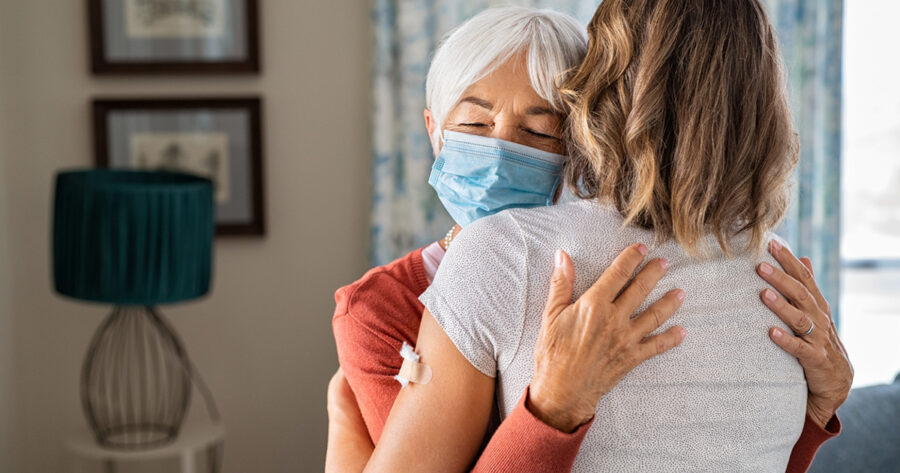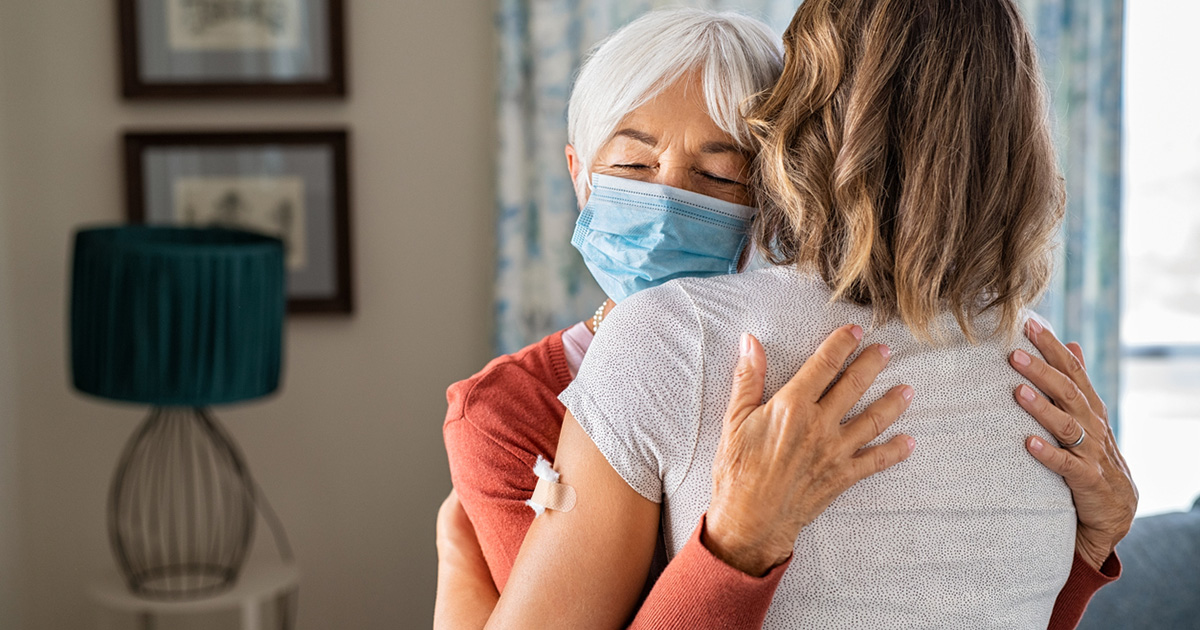
SAHPRA Stresses Vaccines are Safe as South Africa’s First Fatality Confirmed
South Africa’s health regulator today reported the first case in the country of a causal link between the death of an individual and Johnson & Johnson’s COVID-19 vaccine. However, SAHPRA (SA Health Products and Regulatory Authority) has emphasised that benefits of the vaccine greatly outweigh any adverse events that may occur following immunisation. Speaking at a […]

South Africa’s health regulator today reported the first case in the country of a causal link between the death of an individual and Johnson & Johnson’s COVID-19 vaccine. However, SAHPRA (SA Health Products and Regulatory Authority) has emphasised that benefits of the vaccine greatly outweigh any adverse events that may occur following immunisation.
Speaking at a news conference on Thursday, SAHPRA said since the introduction of COVID-19 vaccines, such as Pfizer and Johnson & Johnson vaccines, more than 37.2 million doses been administered and, up until 15 July 2022, just over 6 200 adverse events have been reported to SAHPRA, which indicates a reporting of adverse events of just around 0.017%.
The person who died had been diagnosed with Guillain-Barre (GBS) Syndrome soon after receiving the COVID-19 Janssen (Johnson & Johnson) vaccine. Senior scientist Professor Hannelie Meyer said the person was then put on a ventilator but later died. The person’s age and gender were not divulged, in order to maintain confidentiality.
“At the time of illness no other cause for the Guillain-Barre Syndrome (GBS) could be identified,” said Prof Meyer.
In July 2021, US authorities added a warning to a factsheet for J&J’s vaccine saying data suggested there was an increased risk of GBS in the six weeks after vaccination. At the time it noted 100 preliminary reports of GBS in vaccine recipients, including 95 serious cases and one reported death, according to Reuters.
Concerning the death in South Africa, SAHPRA CEO, Dr Tumi Semete-Makokotlela, said that “the causality assessment was conducted by the National Immunisation Safety Expert Committee (NISEC) through a thorough methodology that is guided by the World Health Organization (WHO) and this is a methodology that is utilised by regulators across the world.
“In this assessment, there is a conclusion that this case of GBS was associated with the event the individual had received the COVID-19 Janssen vaccine.”
Addressing the media briefing on adverse events following immunisation, Semete-Makokotlela said SAHPRA authorised the COVID-19 Janssen last year in March for the administration of those who are 18 years and older.
“Having looked at the ongoing review on vaccine safety, the review of the potential risk of GBS and this tragic case as well, we are convinced that the benefits of the COVID-19 vaccine in terms of preventing serious and severe COVID-19 infections and death, greatly outweigh the very rare GBS and other adverse events,” said Professor Marc Blockman.
Blockman is a Professor in the Internal Medicine department, and consultant in the division of Clinical Pharmacology at Groote Schuur Hospital and the University of Cape Town. He is recognised as an expert on International, National and Provincial Drug Policy and serves on SAHPRA as chairperson of the pharmacovigilance expert committee and member of the clinical expert committee.
He said when the regulator looked at the vaccine programme, it was acutely aware of the inherent risk, and that GBS may be one of the adverse events the country might have to deal with.
“GBS is a rare entity that affects the immune system of patients. It affects about 100 000 people globally, which is a small group of patients that are affected in the world.
“It is about 1 in 100 000 patients that may have GBS. It is characterised by this very rapid, progressive and ascending weakness, which means the weakness starts from the lower limbs and eventually ascends up the body.
“It may cause limb weakness, it has the potential to affect the respiratory system, which may require the patient to be assisted with a ventilation and it may affect the brain as well,” Blockman said.
There are many causes of GBS, which include viruses and bacterial infections. The disease can be mild to very serious.
Vaccines are safe, effective and prevent various infectious diseases
Minister of Health, Dr Joe Phaahla, reiterated that immunisation remains one of the most successful and cost effective public health intervention.
“I want to emphasise that COVID-19 vaccines remain safe and effective in protecting us against serious illness and hospitilisation. Annually, over 27 million vaccine doses are administered as part of our routine immunisation programme and this is mainly for children.
“Vaccines are safe and effective and prevent various infectious diseases, disability, hospitalisation and death caused by vaccine preventable diseases. However, as with various other medicines, including vaccines, adverse events do occur.”
He described an adverse event following immunisation as any untoward medical event after immunisation, which does not necessarily and generally have a causal relationship with the use of the vaccine.
“This may be an unfavourable or unintended sign, abnormal laboratory findings, symptoms or disease. Most adverse events following immunisation are mild and resolved within a few days,” the Minister said.
Adverse events following immunisations are reported through a well-established reporting system in corroboration with SAHPRA.
Adverse events following immunisations can be reported through the Medicine Safety Application or the COVID-19 call centre or at any health facility in the country where trained health providers can identify, treat and report the adverse event.
“After an adverse event has been reported, all severe and serious adverse events are fully investigated by the provincial departments of health. This includes collecting all relevant medical reports such as the doctor’s report, doctor’s notes and laboratory result or hospital records.
“Once the investigation is concluded the case [is] forwarded to NISEC. NISEC is a committee of experts appointed by the Minister of Health to review adverse events following immunisation reports,” Phaahla said. – SAnews.gov.za
What is Guillain-Barre syndrome and can it be healed?
According to Mayo Clinic, Guillain-Barre syndrome is a “rare disorder in which your body’s immune system attacks your nerves. Weakness and tingling in your hands and feet are usually the first symptoms.”
Two-thirds of patients have suffered an infection like COVID-19, respiratory or gastrointestinal infections or the Zika virus.
Guillain-Barre syndrome has no known cure but it can be treated to reduce the duration of the illness. Most people recover completely. Some severe cases, such as the one in South Africa, can be fatal. Recovery can take several year. The Mayo Clinic says “most people are able to walk again six months after symptoms first started. Some people may have lasting effects from it, such as weakness, numbness or fatigue.”
